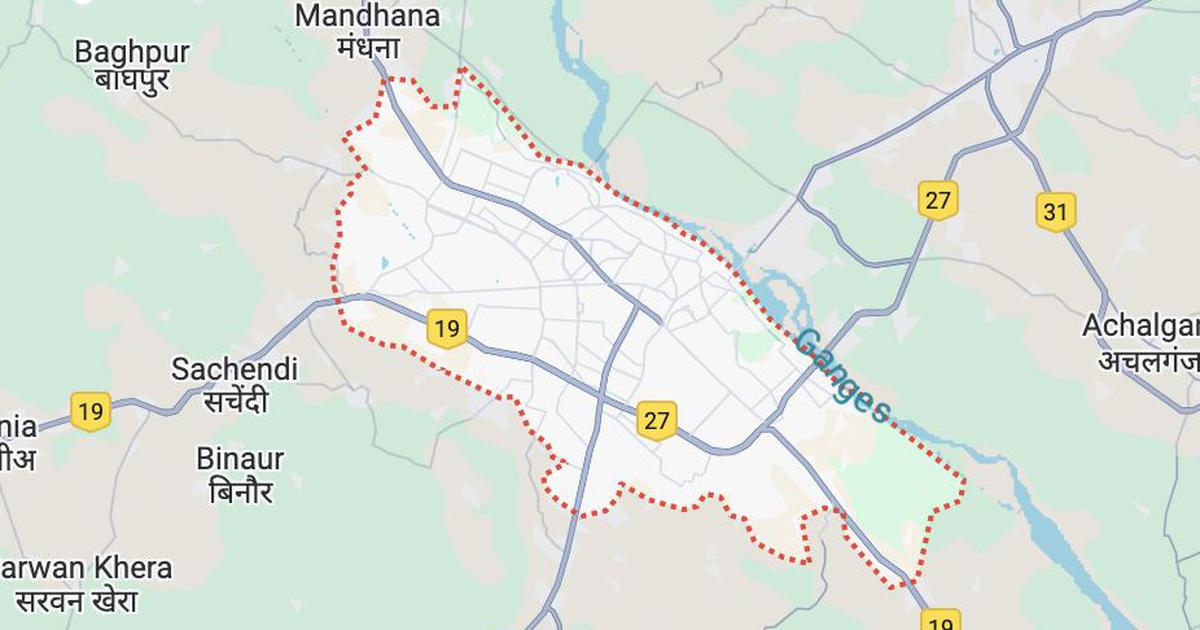From Hindu American Found. v. Kish, decided today by Judge Dale Drozd (E.D. Cal.):
[P]laintiff HAF [and nine individual plaintiffs, including three Doe plaintiffs, seek] declaratory and injunctive relief against defendant Kevin Kish, in his official capacity as the director of the California Civil Rights Department …, for allegedly violating the constitutional rights of all Hindu Americans by initiating a Fair Employment and Housing Act … enforcement action in state court against Cisco Systems, Inc. … for discrimination, harassment, and retaliation against an employee based on his caste status. Plaintiff HAF alleges that the Department’s discrimination suit brought against Cisco … violated the … Free Exercise Clause … and the Due Process and Equal Protection Clauses … by linking the practice of caste discrimination to Hinduism….
The Ninth Circuit has identified three situations in which parties have been allowed to proceed under pseudonyms: “(1) when identification creates a risk of retaliatory physical or mental harm; (2) when anonymity is necessary to preserve privacy in a matter of sensitive and highly personal nature; and (3) when the anonymous party is compelled to admit [his or her] intention to engage in illegal conduct, thereby risking criminal prosecution ….” A party requesting to proceed pseudonymously has the burden of showing that their “need for anonymity outweighs prejudice to the opposing party and the public’s interest in knowing the party’s identity.”
If a party seeks to sue pseudonymously based on retaliatory harm, courts apply a five- factor balancing test that weighs: “‘(1) the severity of the threatened harm, (2) the reasonableness of the anonymous party’s fears, … (3) the anonymous party’s vulnerability to such retaliation,’ (4) the prejudice to the opposing party, and (5) the public interest.” The first two factors are the most important….
To proceed under pseudonyms, “a plaintiff must show both (1) a fear of severe harm, and (2) that the fear of severe harm is reasonable.” Here, the Doe plaintiffs argue that, as Hindus who reside or work in California, “they are vulnerable … to being individually sued by the [Department] in retaliation for participating in this action;” and they may experience “physical, mental, and economical harm from those around them, including but not limited to prospective employers, co-workers, and persons they interact with on a daily basis.” However, the evidence presented by the Doe plaintiffs in the declarations they have filed in support of their motion falls short of persuading the court that consideration of these factors weigh in their favor.
In a declaration submitted by plaintiff, Doe One states that the Department’s “actions have caused [them] embarrassment and has made [them] feel that others are judging [them] and undermining [their] religion because of how [they] look and what [their] religious beliefs are.” Similarly, in Doe Two’s declaration, it is stated that “people around [them] … believe that Hindus are inherently discriminatory” and “[they] feel, that if [they] practice Hindu, [they] will be seen as a discriminatory person.” Doe Two also explains that people they “interact with on a daily basis and/or side by side” have “expressed hateful bias towards [them] and persons of South Asian descent practicing Hinduism,” and that they “have been ostracized by many people who simply do not understand caste and Hinduism.” In Doe Three’s declaration, it is stated that they, too, has been “ostracized” at work and received “express hate on internal company social media channels,” which they “expect [] to continue.” Doe Three also states that they have been asked questions about Hinduism and caste and that they “feel embarrassment and anger each time” they are approached….
[Yet] Doe One describes personal discomfort with the Department’s Cisco Action, but not a plausible likelihood of threats or harm. Does Two and Three allege mistreatment at work but do not state whether their co-workers have made any actual threats of harm against them or that the mistreatment would likely increase due to their participation as plaintiffs in this litigation…. [M]erely expressing fear of disagreement or disapproval by community members is insufficient to support a pseudonymous lawsuit…. “Community disagreement and any resulting ’embarrassment or economic harm is not enough’ to support a pseudonymous lawsuit.” …
This story was originally published in reason.com. Read the full story here.






